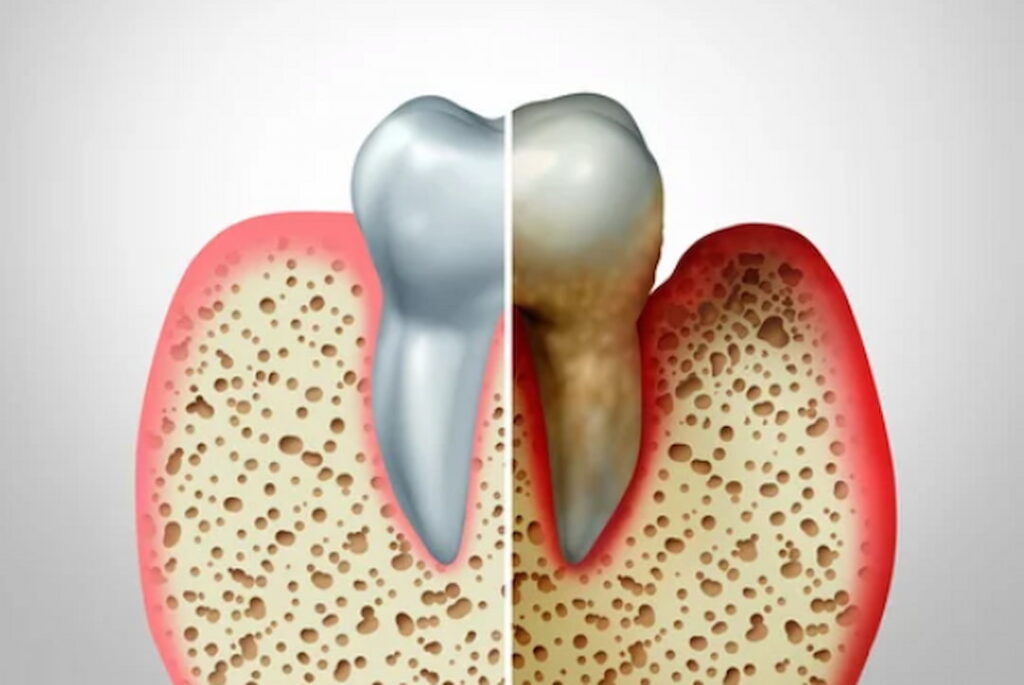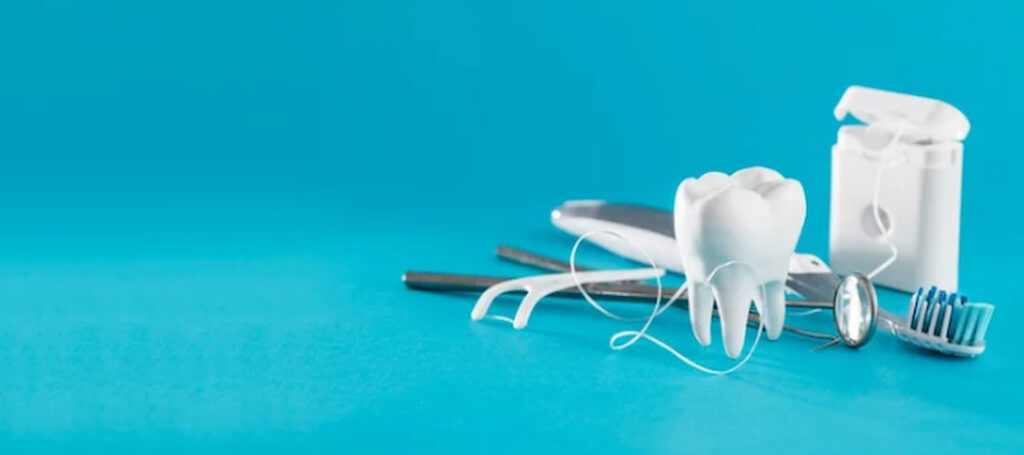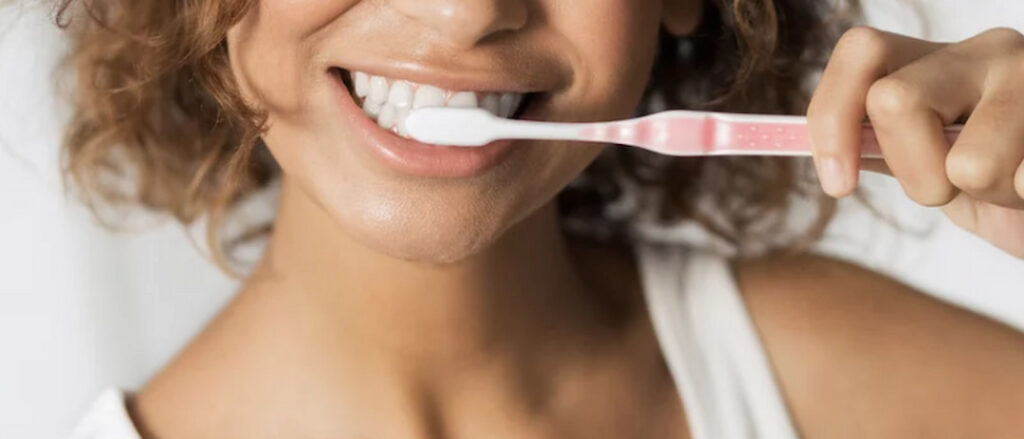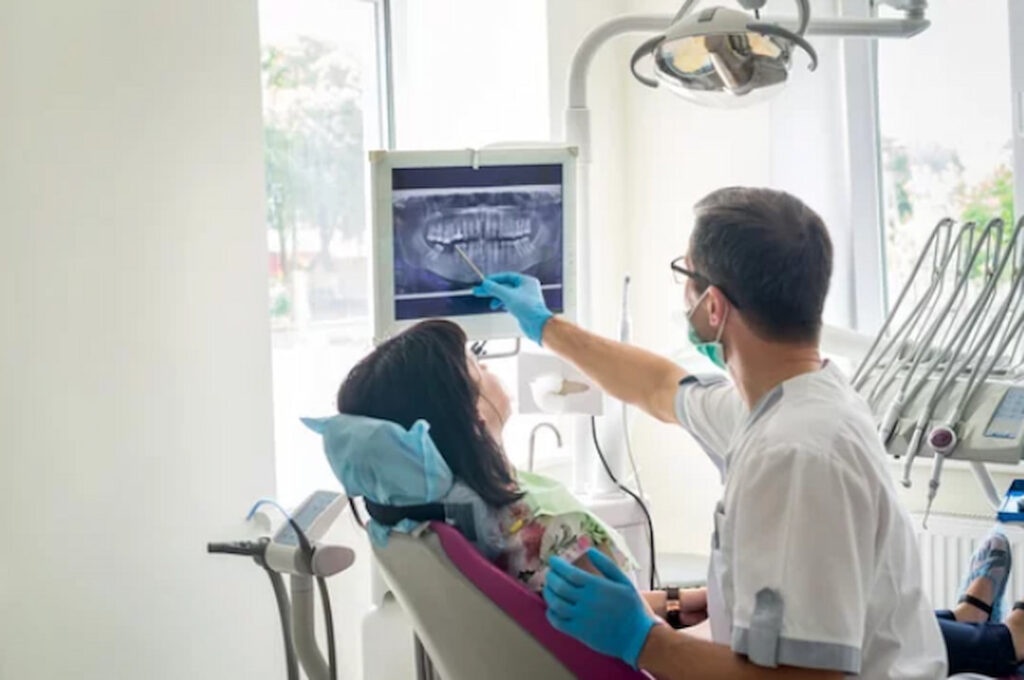
Oral health and care are no joke. While it is something many people avoid and don’t treat as carefully as they should, it is very important. By not taking care of your oral health while you can, you can risk a lot of health problems, including Osteoporosis.
People that don’t take care of their teeth and mouths tend to experience more cases of Osteoporosis affecting their teeth, as well as periodontal disease, and tooth loss. By being mindful of oral care from an early age, you can reduce your risks.
Keep reading to learn more about oral care, Osteoporosis, and what to do to increase oral health.
What Is Osteoporosis?
Osteoporosis is a disease in which the bones become less dense. Often, it is associated with other parts of the body. It can lead to weakened bones that are easier to break, such as hips, legs, and even arms.
Though it isn’t as well known, Osteoporosis and the fractures and broken bones that come from it are more common than issues like coronary diseases, stroke, and cancers. While it may not lead to the death of the person with the disease, it can cause severe lower quality of life for those that experience the symptoms.
Many people suffer from Osteoporosis as they grow older, even if they don’t realize it. There are really no symptoms of Osteoporosis, so you may not even know you have it until you fall and break a bone or teeth start falling out.
Women have a higher chance of getting it than men, as menopause can increase the chances of getting Osteoporosis. Not only do women have a higher chance of Osteoporosis, but they also tend to have issues with the jaw more than men with Osteoporosis do.

How Is It Related To My Oral Health?
But Osteoporosis can also impact your mouth. Specifically, the jawbone can be impaired by this disease. If affected, it can lead to the loss of teeth, and even the inability to keep dentures in place.
This is why it is important to take vitamins that can help to improve bone health such as vitamin D and calcium. Women as especially susceptible and need to keep up with their health.
There are medications out there that help to strengthen bones. However, they can actually lead to another condition known as osteonecrosis of the jaw which can cause severe damage.
The best thing to do when you realize you have Osteoporosis, and before you get it, is to keep up your oral health to prevent loss and decay.
More recent studies have even shown that Osteoporosis also causes quite a few oral health problems, such as periodontal disease and gum disease. So not only are you at risk of losing your teeth, but you can face some serious other problems as well.
If you have been looking to get dental implants instead of dentures, you may find that you are unable to do so if you have Osteoporosis. A strong jawbone or cheekbone is needed to get implants, as that is where they drill into.
Since you likely have a lower bone density in those areas, you won’t have the density you need, which means you will be stuck with dentures that have to be replaced frequently as the ridges dentures connect to don’t hold as well.

How Does Oral Care Help?
Oral care helps to keep your teeth healthy and reduces the chances of Osteoporosis affecting your jawbone. Your bones can stay strong for life if done properly. Unfortunately, many studies have shown that oral care worsens as we age.
As Osteoporosis is generally something that occurs in the older population, you risk falling into a negative cycle. Osteoporosis is more likely to affect the jawbone when oral care isn’t practiced well, which can occur when you are older, which is when people tend to have a higher chance of getting osteoporosis.
While good oral care can’t necessarily prevent Osteoporosis, it can prevent the symptoms from getting worse. Periodontitis is a disease often associated with Osteoporosis. It is a gum disease that will damage the soft tissue and the bone that supports your teeth.
Keeping up with your oral hygiene prevents the periodontal disease from growing worse or even occurring.

What Should I Be Doing To Improve My Oral Care?
To improve your oral care, there are many things you can do.
- Don’t smoke
- Limit alcohol consumption
- Brush your teeth with fluoride toothpaste twice a day
- Floss daily
- Change out toothbrushes every three or four months
- Change out your dentures as they stop fitting well and keep them clean
- Visit the dentist regularly
- See your dentist early if you notice any loose teeth, pain, or discomfort in the mouth
There are also a few things you can do that improve bone health in general and reduce the risk of Osteoporosis throughout the body. This includes things like taking vitamin D, making sure you have enough calcium in your diet and taking supplements if necessary, staying active, and eating a healthy diet.
Also, if you have dentures, and are suffering from Osteoporosis, it is important you go and see the dentist about getting new dentures sooner than you normally would. This is because your dentures may stop fitting as they should faster than for people that don’t have Osteoporosis.

The Best Way To Take Care of My Teeth
Dry Mouth
If you have a dry mouth, foods that are sugar-free and contain xylitol are some of the best ways to help increase saliva production. While you don’t want to go excessive, chewing a piece of gum or sugar-free candy once a day may help
However, you can also talk to your dentist and they may recommend something to help.
Brush Properly And Twice A Day
Brushing at night helps to get rid of all of the sugar, germs, and plaque that build up throughout the day. It’s also the step in brushing that people ignore the most.
Also, while you don’t want to go excessive and over-brush, you want to make sure you brush properly. This means taking your time doing slow, circular movements. Stay gentle in your movement, and make sure you get all of your teeth and all parts of your teeth, front, back, and below.
Using fluoride toothpaste is also important, as it helps to protect your teeth and prevents decay. You also don’t want to neglect your tongue and make sure you gently brush your tongue along with your teeth every time you brush your teeth.
Floss
Flossing reduces plaque, lowers inflammation, and stimulates the gums. Many dentists say it should be done and treated with the same amount of importance as brushing. It is important to floss in every gap at least once a day.

Mouthwash
Mouthwash is another one that is important to improving oral health. Especially for those that struggle with flossing, or eat a lot of acidic foods, mouthwash can be incredibly helpful. This is because it helps to reduce the acid in the mouth, cleans around the gums in areas that may be hard to brush, and aids in adding necessary minerals to the teeth.
Visit Your Dentist Regularly
It is recommended that you visit your dentist at least twice a year, even if nothing is wrong. This allows them to keep an eye on your teeth and oral health as well as treat any problems or issues early.
If your insurance covers more appointments than twice a year, go more. It doesn’t hurt and allows you to catch any problems as early as you can. As you get older, many insurances stop covering oral health and dental care, so it is best to take advantage while you can.
Avoid Sugary And Acidic
Sugar and acid do the same things to our mouths, which is eroding the enamel on your teeth. This leads to dental cavities.
Some examples of sugary and acidic foods and drinks include fruits, candy, teas, coffee, and juice. You don’t necessarily have to avoid all of these, but it is a good idea to reduce them where you can and be mindful of what they may be doing to your teeth. A couple of cups of coffee and a piece of candy a day may be fine, but if all you are doing is drinking coffee and eating candy, your oral health may suffer.
Crunchy Foods Are Best
Crunchy foods like raw vegetables and fruits are a great idea. They get your jaws working well and keep that jaw strengthened and your teeth cleaned. It doesn’t hurt that they provide a healthy dose of fiber.
While fruits and vegetables are the best, crunchy foods like granola can also be useful in small doses. Just make sure you understand the difference between crunchy and hard. Food that you try to chew that is too hard may end up breaking or cracking your teeth.

What If I Am Struggling With Oral Care?
As you get older, oral care isn’t as easy t keep up with. It can be hard to hold onto thin floss or move the toothbrush the way that you need to properly clean your teeth. Many people find that they can just not take care of their teeth as they should.
Thankfully, there is a lot of technology out there designed to help people with limited mobility or strength. From toothbrushes that move for you and brush all your teeth at once to floss holders that make it easier to get all of the gaps between your teeth.
There are electric toothbrushes that vibrate for you, so you don’t have to move quite as much. However, there are also toothbrushes with multiple heads, so you can brush the front and back at the same time without a problem.
More recently, and one you might have overlooked is the automatic brushes. These hit all of your teeth at once allowing you to brush for a lot less time. They are U-shaped, so you can just place your teeth into the mold and brush. These are great for those that are older or have disabilities.
Currently, the studies on them are still up in the air. Some dentists say they don’t remove plaque as much. Whether or not this is true, it still may be better than nothing if you don’t have the strength or ability to brush your teeth normally. Something is a little better than nothing.
Conclusion
Oral health is something people tend to avoid. We don’t want to go and see the dentist, and flossing and mouthwash tend to be easily overlooked. Despite this, all are very important to keeping tooth health up and preventing severe gum disease and tooth loss and decay as you get older.
Now that you know the importance of keeping your oral care up, go and get started! Make sure you floss!

